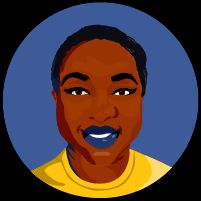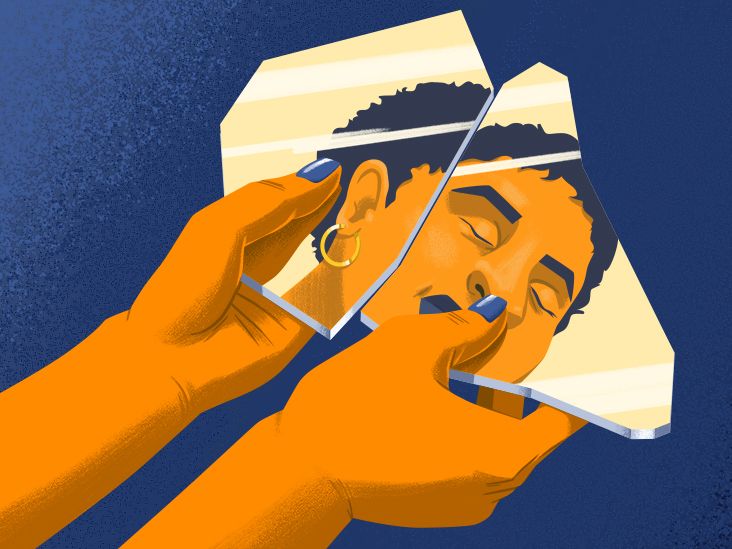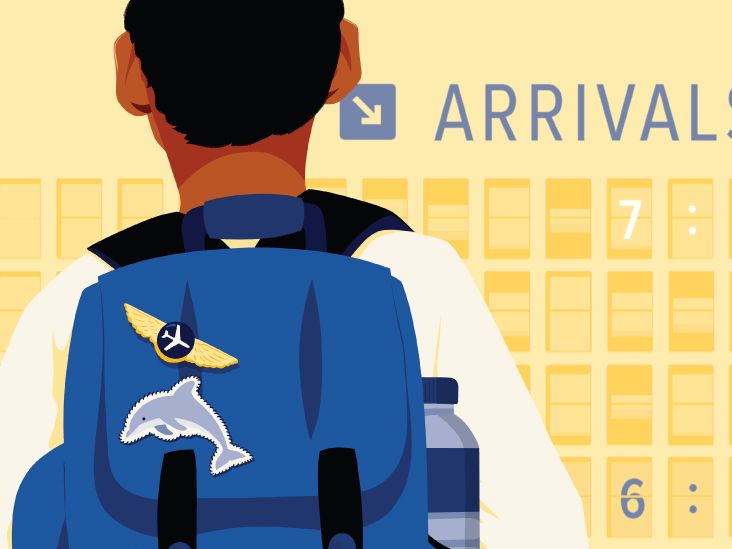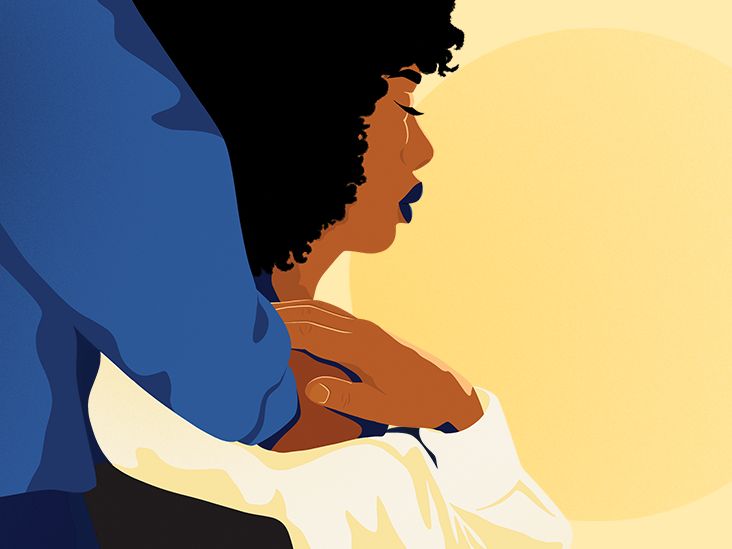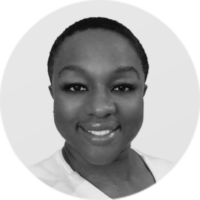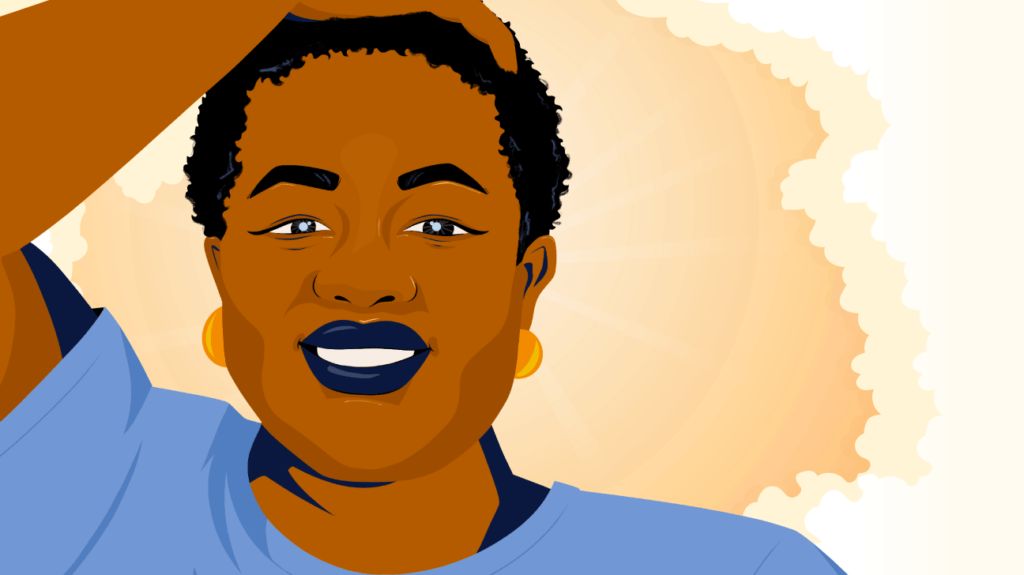
“Mom, who will take care of my sister when she gets older?“ my son recently asked me. “Will you and Dad take care of her the way Grandma and Grandpa now take care of Uncle Kunle?”
As I was starting to come up with an answer, my son continued, “I want to be a good big brother, but I also want to be a husband and dad.”
I looked at him and simply smiled. He knew what he said hit a nerve, so he intuitively walked right up and hugged me. I returned the favor.
At just 11 years old, there are parts of my son’s life that significantly mirror my own. Around his age, I, too, asked my mother how we’d care for my baby brother Kunle when he grew up.
I have three people in my family who are autistic with varying ability levels and traits:
- My son is cerebral, deeply empathetic, compassionate, and highly verbal.
- My daughter is fierce, highly opinionated, intellectually disabled, shrewd, loving, and minimally verbal.
- My baby brother is intellectually disabled, gentle, highly observant, shrewd, fiercely loyal, and can show affection freely.
In her current stage of development, it appears that my daughter, age 8, will require lifetime medical and community support. My brother Kunle, like his niece, also requires lifetime care.
So, my son is already future casting, just as I did around his age.
Mental health experts agree that a foundational tenet to a healthy mind is the practice of mindfulness.
Being present allows you to take in and feel the moment, whether it’s full of joy or full of pain. Regardless of the perceived quality of the moment, being present allows you to keep your head in the game.
But mindfulness is a particularly difficult task to tackle for those of us who are caregivers.
The present and future of those we love and care for depend on the moves we make.
We, caregivers, often open a door to considering how our present actions affect what’s to come, so it feels like there’s no choice but to persistently leave the present.
For example, in my case, I became an attorney in part due to how my baby brother was treated by the police and a school bus driver years ago. I wanted someone in the family to help advocate for him if need be.
My life choices were so intertwined with his needs that my then-present desires took a back seat. I didn’t really sit down and think about what I truly wanted to be. Instead, I focused on what I thought the future should look like.
I aimed to bring what I thought was security to a situation full of uncertainty.
How we future cast for our children
Fast forward to today. My husband and I have made several life decisions based on proximity to medical and community resources for our children.
We chose to live in a city because it was one of the first ones in Texas to have a community policing program tailored to autistic people. It also has a high quality library and parks and recreation department that cater to people with autism and intellectual disabilities.
We rented a home for a year in a particular neighborhood before we bought ours so we could test out the school district. We wanted to make sure our kids received an education suited to their different needs.
We are now within a 15-minute car ride to our local children’s hospital, various pediatric therapies, and highly rated schools.
We made and continue to make decisions like these, keeping in mind the 13-year-old, 18-year-old, 25-year-old, or 30-year-old versions of our children. We are intentional.
So, while some parents are focusing on college or vocational schools, we are financially planning for the fact that we’ll take care of both my brother and daughter in some capacity.
The good side of future casting is planning. The negative side is that it could take years off your life if you’re not careful.
For some, caregiving is for a season. Loved ones either grow up and become self-sufficient or pass on, and the caregiver undergoes a season of grieving.
For others, caregiving can be for a lifetime.
I grew up with my baby brother at a time when very few people knew what autism even was. Add on the layer of intellectual disability, and you’ll see how I sometimes had a front-row seat to intolerance and lack of empathy from others.
As the older sibling, I did what I could to protect my brother and often acted as a third parent and additional caregiver.
Part of my unofficial duties included attempting to anticipate my brother’s needs. I also stepped into a “planning gap” for the needs I thought my parents didn’t plan to cover.
I have since realized that what seemed to me to be a lack of desire to plan was, in reality, a need to protect themselves from the inevitable pain and helplessness that future casting can bring.
The pain is real.
In our case, therapies and other strategies don’t necessarily give you real-time feedback on a child’s progress or how well equipped they may be to cope with the future.
With the benefit of observing my brother and now our children, my husband and I have learned to earnestly search for small wins. We know those reinforce the importance of being present and stating the course whenever possible.
Is everything we are doing a perfect combination for all our children’s future needs? Probably not.
Do we consistently stay mindful and not succumb to long bouts of future casting? Yes, even if we’re not always successful.
If 30 years from now we can look at ourselves in the mirror and truthfully say we did all we could, then we can be at peace regardless of the outcomes.
Peace of mind is the new wealth, and we strive to accumulate and protect it.
